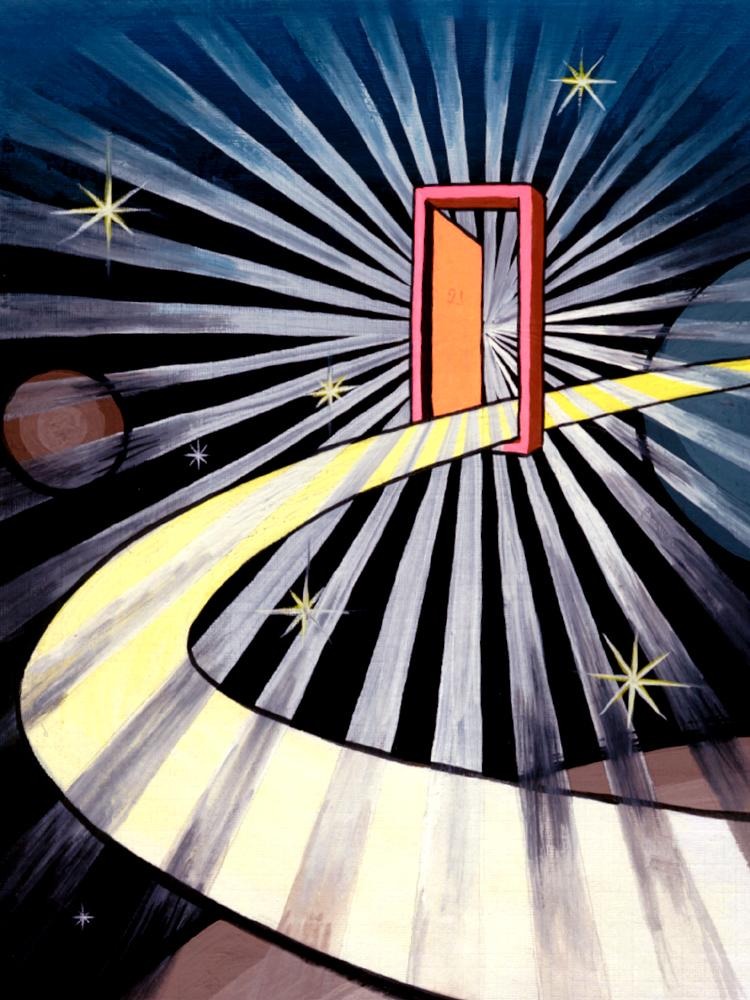
Numbers 20:2–3, There was no water … the people chided with Moses. Do you suffer lack in your life? If you’re a man, perhaps it’s because you’re lazy and refuse to follow the biblical commands to get up and go to work to provide for your family (see Gen 2:15; 3:17–19; Exod 20:9; 1 Tim 5:8). Beyond this, the Scriptures say that Yeshua will supply all of our needs (Phil 4:19).
Do you get angry with YHVH and murmur against him for your lot in life and for the bad things that happen to you?
On the other hand, do you give thanks to him for all that happens to you (1 Thess 5:18) knowing that all things work to good for the benefit of our being conformed into the image of Yeshua (Rom 8:28–29)?
We must go through the wilderness of life before entering the Promised Land. Those Israelites who murmured did not enter the Promised Land. If we keep fighting or resisting our trials in the wilderness instead of learning from them and overcoming them, then how will we be spiritually prepared and refined to enter the Promised Land? We must learn to have faith in the promises of YHVH. Do we truly believe his Word when he says he will supply all of our needs?
Numbers 20:5, It [the wilderness] is not a place of seed and fig and grape and pomegranates; and there is no water to drink. This was the complaint of the people against YHVH. In Hebraic thought, water, the fig tree, wine from the grape, as well as oil, milk and honey (the two symbols of the Promised Land) are all metaphors for Torah (see Everyman’s Talmud, pp. 133–134). The Israelites were seeking physical food, but were missing the spiritual food (i.e. Torah, faith in his Word and promises) that YHVH was abundantly providing them during their wilderness walk. Additionally, the Hebrew word for wilderness is b’midbar (the Hebrew name for the book of Numbers), which means “in the wilderness, desert, uninhabited land or pasture.” The root word of midbar is the word dabar meaning “to speak, declare, command, promise or commune.” In a number of instances in the Scriptures, the terms word/dabar of God/Elohim or word /dabar of the LORD/YHVH is used to denote words coming directly from the mouth of YHVH. In the tabernacle (Heb. mishkan), the most set-apart place was called the d’veer (a cognate of the word debar) or oracle where Moses went to receive the word of YHVH.
What is the point of this brief word study? While going through the wilderness of life, if we have an attitude of gratitude instead of one of complaining, murmuring, doubt, fear and unbelief in the Word and promises of YHVH, will we not be more likely to understand YHVH’s purposes, instructions, (i.e. Torah), his heart and his plans for our lives? Will we our hearts not be more inclined to hear YHVH’s voice more clearly and understand his will for our lives thereby receiving hope for the future and strengthened faith?
One can waste one’s energy on murmuring and never grow up spiritually, or one can determine to hear YHVH and to commune with him in the wilderness of life and seek spiritual enrichment out of that wilderness and view it as our training ground for entering the Promised Land.
Will you make a conscious effort to redirect your thoughts and attitude positively while never forgetting the bitter lessons of our Israelite forefathers (1 Cor 10:11)? Murmuring produced nothing except death in the wilderness.





